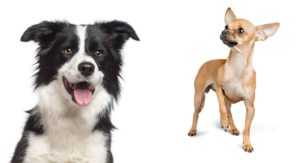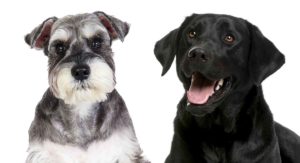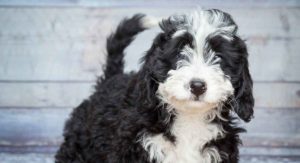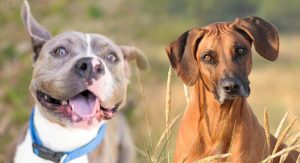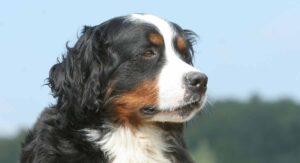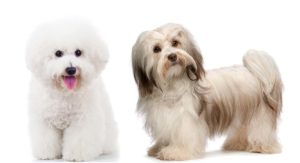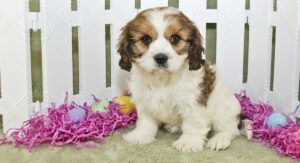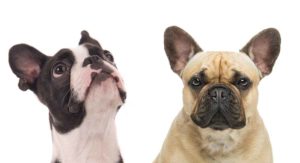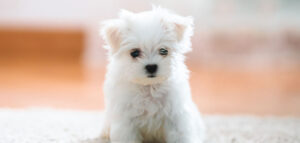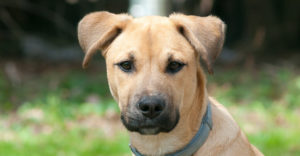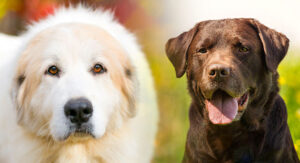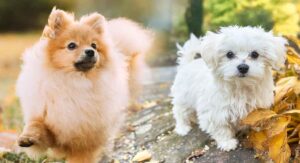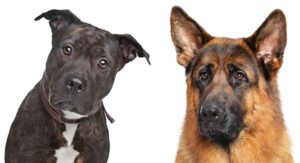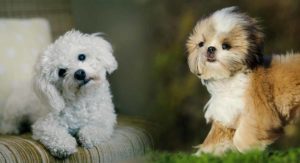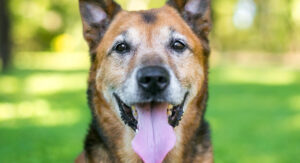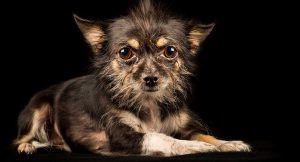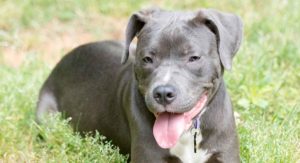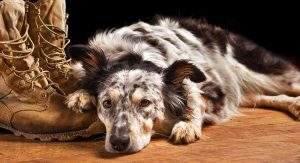The Border Collie Chihuahua mix hybrid designer dog breed is usually created by mixing a male Chihuahua with a female Border Collie. Many people have begun to fall in love with these hyper, adorable dogs. But, without the proper care, they can be quite the handful. The Border Collie Chihuahua […] Read More
The Schnauzer Lab Mix
The Schnauzer Lab mix combines the purebred Schnauzer with a pedigree Labrador Retriever to produce a seriously unique litter of puppies. They will have thick, short coats that will usually be black, chocolate or grey in color. Your Schnauzer Lab mix puppy will have large floppy ears and a prominent […] Read More
Mini Doodles, Pocket Size Doodle Dog Breeds To Brighten Your Day
Mini Doodles have one Toy or Miniature Poodle parent, and another parent from a little dog breed. Small doodles are friendly, loyal and loving pets. These tiny Doodles are often low shedding too! Today we’ll share a complete list of Mini Doodle dog breeds. Looking at the pros and cons […] Read More
Rhodesian Ridgeback Pitbull Mix
The Rhodesian Ridgeback Pitbull mix has one Rhodesian Ridgeback parent and another parent from one of the Pitbull type breeds. They can make an excellent family pet for the right owners, but this mix is not for everyone. Active adults and families with older children are a better match for […] Read More
Great Bernese – Your Great Pyrenees Bernese Mountain Dog Mix
The Great Bernese is a Great Pyrenees Bernese Mountain Dog mix. This is a large dog that has a calm and patient personality, while at the same time being a good protector. They come from working roots, and are built to cope well in harsh climates and form strong bonds […] Read More
Havachon – The Havanese and Bichon Frise Mix
The Havachon is a cute crossbreed, combining a purebred Havanese with a pedigree Bichon Frise. These pale coated companion dogs are small, weighing around 12lbs and standing about 11 inches tall. They make ace apartment pets or lapdops, and surprisingly good watchdogs too. This active, trainable dog fits well with […] Read More
Cavachon – Cavalier Bichon Frise Mix
The Cavachon is a Cavalier King Charles Spaniel Bichon Frise mix. They either have one purebred Cavalier parent and one purebred Bichon parent, or are a second or even third generation Cavachon cross. These dogs are small, confident and very affectionate. They are usually small, with long hair, droopy ears […] Read More
Boston Terrier French Bulldog Mix – The Frenchton
The Frenchton is a friendly, confident and popular little dog. A Boston Terrier French Bulldog Mix, Frenchton puppies are a cross between two well loved breeds. These confident dogs are loyal, loving and intelligent. Easy to train and motivate with positive reinforcement, they can learn tricks as well as they […] Read More
Teacup Maltese
The teacup Maltese is an even smaller version of the Maltese breed. They aren’t an official breed, but instead a description of a dog that is less than the breed standard as an adult. They will usually be less than 7 inches tall and under 6 lbs when fully grown. […] Read More
Black Mouth Cur Lab Mix
Black Mouth Cur Lab mix dogs are medium sized, athletic and confident. They have short coats that shed freely all year round, and so need a good groom at least a couple of times a week. Their Black Mouth Cur and Labrador Retriever parents are intelligent working dogs, and these […] Read More
Snorkie – Miniature Schnauzer Yorkie Mix
The Snorkie dog is a Miniature Schnauzer Yorkie mix. A hybrid designer dog breed with one purebred Miniature Schnauzer parent, and one purebred Yorkshire Terrier parent. Snorkies are friendly, affectionate, and playful. A small crossbreed, an adult Snorkie can weigh up to 25 lbs, growing to 7 – 14 inches […] Read More
Pyrador – Great Pyrenees Lab Mix
The Pyrador is a hybrid designer breed. A Great Pyrenees Lab mix, they are typically big, bold, confident, affectionate, loyal and athletic. Their stunning looks are only matched by their incredible range of designer hybrid dog names that extend to include Lapyrenees, Pyrelab, or Labrenees! An adult Pyrador could be […] Read More
Maltipom – Pomeranian Maltese Mix
The Maltipom is a Maltese Pomeranian mix breed dog. Your Maltipom is likely to have a purebred Maltese parent and a purebred Pomeranian parent. But either parent dog could be second or even third generation, meaning that one or both of the dogs were Maltipoms themselves. Your Maltipom will weigh […] Read More
German Shepherd Pitbull Mix
German Shepherd Pitbull mix dogs are affectionate, loyal, protective, and devoted to their families. A designer cross between a purebred American Pitbull Terrier and German Shepherd Dog, they are known as German Sheppits, Shepherd Pits or German Pits. These bold, confident dogs are naturally protective and great watchdogs. Although there […] Read More
Border Collie German Shepherd Mix
The Border Collie German Shepherd Mix, or Shollie, is a cross between the guardian German Shepherd Dog and herding Border Collie. They are around 25 inches tall, weigh about 70lbs and live into their teens. Shollies are intelligent working dogs, with very athletic and agile characters who although trainable need […] Read More
Maltese Shih Tzu Mix
The Maltese Shih Tzu mix is a designer hybrid dog also known as a Malshi. They are affectionate, loyal, brave, bold and confident companions. They have a good lifespan of 10 – 14 years, stand around 9 inches tall and weigh about 10 lbs. Their small size makes them great […] Read More
German Shepherd Mix: 25 Popular and 6 Rare Cross Breed Dogs
A German Shepherd mix is any dog with one German Shepherd parent and one parent from another pure breed. Or they are a second generation Shepherd mix, so their parents or possible grandparents are a combination of a German Shepherd and another dog breed. The aim behind mixing a German […] Read More
Chihuahua Terrier Mix Breed Information
A Chihuahua Terrier mix dog has one Chihuahua parent and one parent from one of the Terrier group. often this will be a Yorkie, Pitbull, Rat Terrier, Fox Terrier, Jack Russell Terrier or Bull Terrier. Chihuahuas are the small dog with a big reputation, first bred for companionship in Mexico […] Read More
Pitbull Lab Mix
Pitbull Lab mix dogs are an energetic, loyal and active hybrid designer dog, with one American Pitbull Terrier parent and one Labrador parent. Known as the Bullador, Labrabull or Pitador, their ancestors were cooperative hunting partners, service animals, hard working guardians and even fighting dogs. Pitbull Lab mixes are smart, […] Read More
Border Collie Australian Shepherd Mix
The Border Collie Australian Shepherd mix combines two intelligent, energetic and affectionate breeds into one fun, active package. Known as the Border Aussie, this clever cross is medium sized with a long, glossy coat and an expected lifespan of around 13 years. These responsive, cooperative dogs suit active families that […] Read More
- 1
- 2
- 3
- …
- 5
- Next Page »
